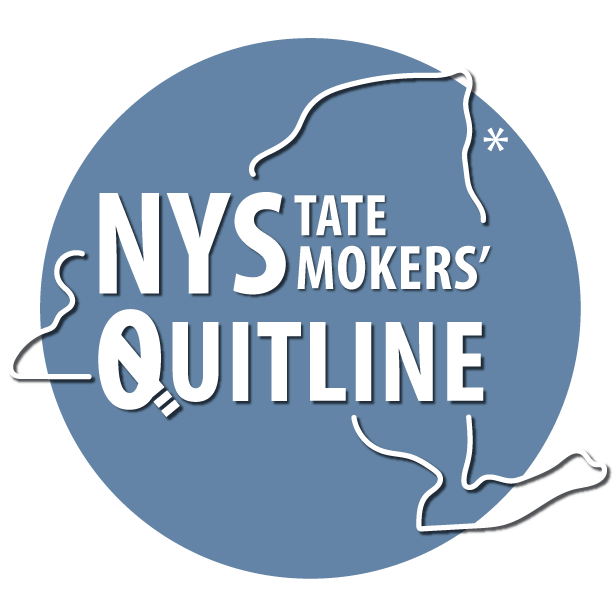
MentholWhat it is and why it can be so hard to quit.
A deadly combination
Menthol is a chemical found naturally in peppermint, spearmint, and other similar plants, but it can also be made in a lab. It's used in many ways and added to many products like syrups, creams, perfume, nasal sprays, candy, and much more.Menthol was first added to cigarettes in the 1920s because it improved taste, cooled the throat and airways, and was reported to reduce pain which made tobacco smoke easier to inhale.
Risks of mentholated tobacco
Menthol cigarettes' taste and smell can hide early warnings and symptoms of respiratory problems from smoking.1Because menthol masks the bitter harshness of cigarette smoke, people who smoke menthol cigarettes often smoke more and inhale more deeply, which means higher amounts of toxic chemicals and tar over time.
Menthol increases the risk of becoming addicted to tobacco.1
Why do people prefer menthol?
There are many theories about the reasons individuals prefer menthol tobacco products, including:
We're used to it! Menthol is in regular day-to-day life and known to relieve minor pain and irritation with its cooling effects.
Many people may think menthol cigarettes can be less harmful. Menthol cigarettes offer no health benefits.
Smoking menthol hides negative effects of smoking, like throat pain, burning, and cough. Which can provide a false sense of relief and reduce concerns about the dangers of smoking.
People who smoke may feel like the scent of menthol cigarettes is more socially acceptable than non-menthol cigarettes.
Menthol enhances the effects of nicotine on the brain and can make menthol tobacco products even more addictive.
Tobacco companies have relied on the soothing and cooling effects of menthol to make cigarettes more appealing.
Want to know even more about menthol?
References:
1 “Tobacco Industry Knowledge of the Role of Menthol in Chemosensory Perception of Tobacco Smoke.” Kreslake, Jennifer M., and Valerie B. Yerger. Nicotine & Tobacco Research 12, no. Supplement 2 (December 2010).
2 Menthol Tobacco Products are a Public Health Problem Centers for Disease Control and Prevention. June 27, 2022
1 “Tobacco Industry Knowledge of the Role of Menthol in Chemosensory Perception of Tobacco Smoke.” Kreslake, Jennifer M., and Valerie B. Yerger. Nicotine & Tobacco Research 12, no. Supplement 2 (December 2010).
2 Menthol Tobacco Products are a Public Health Problem Centers for Disease Control and Prevention. June 27, 2022
Last updated 2/7/2024 11:20 AM



 Print Me!
Print Me!



Follow us
News, program updates, and support to quit: